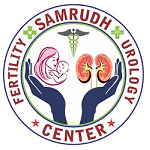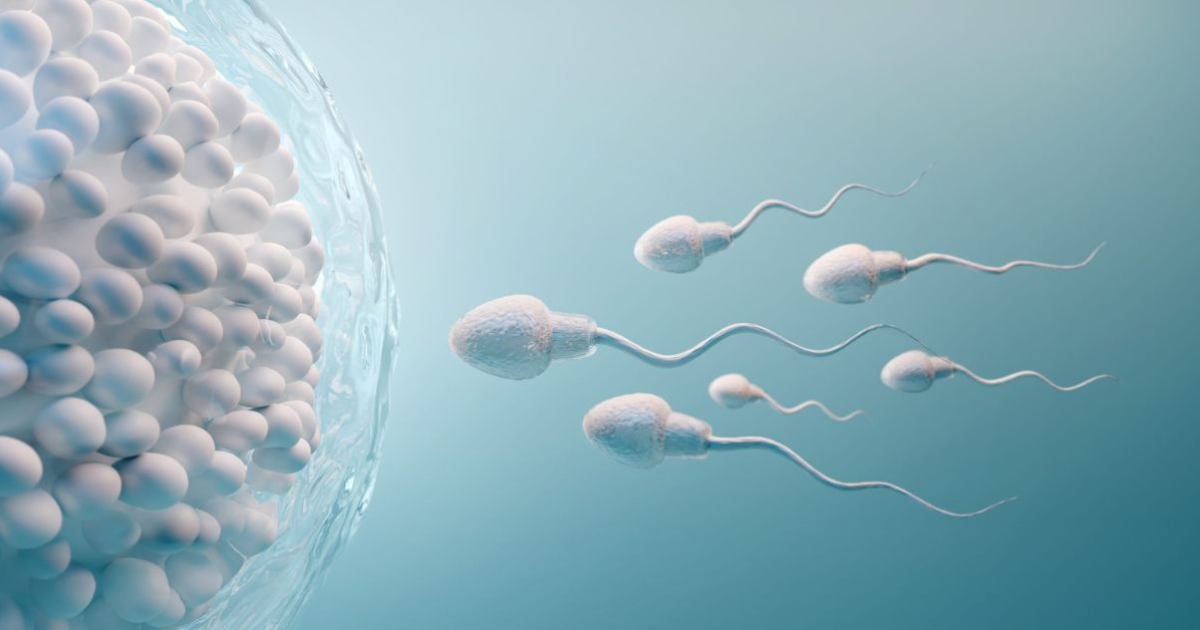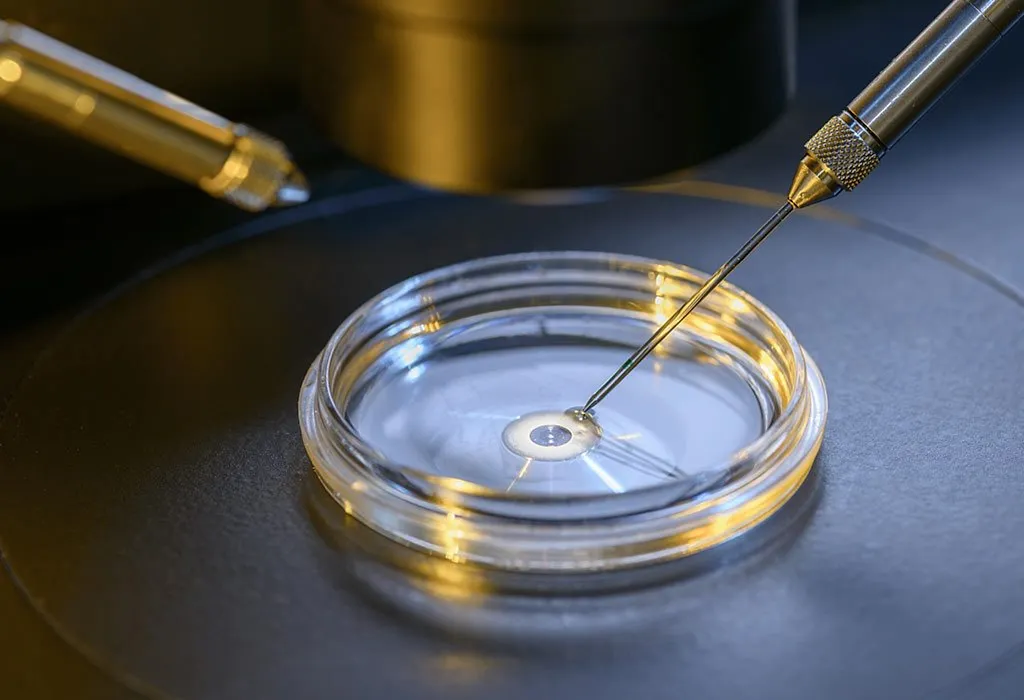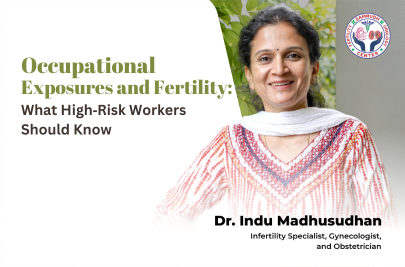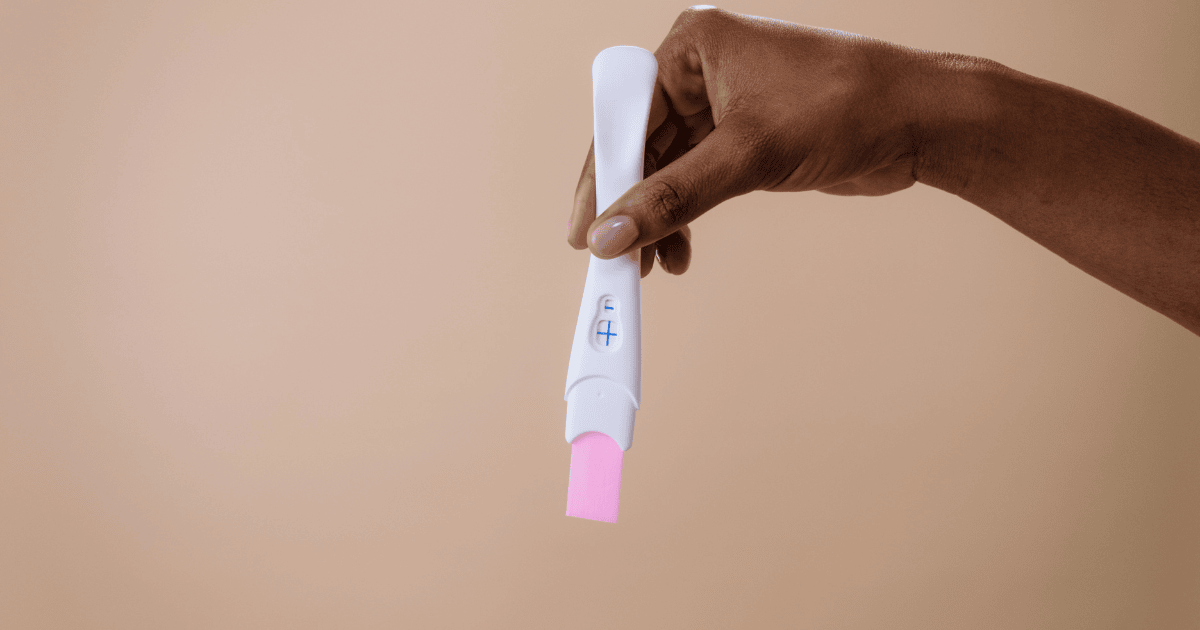Infertility affects millions of couples worldwide, and in women, it can result from a wide variety of physical, hormonal, or lifestyle-related factors. Understanding the early signs of infertility can help women take proactive measures and consult a fertility specialist in time. This guide will explore the common signs of infertility in women, contributing factors, diagnostic tests, treatments, and preventive measures to enhance fertility.
Understanding Female Infertility
Female infertility is defined as the inability to conceive after 12 months of regular unprotected intercourse. Globally, around 10–15% of couples face fertility challenges, and female factors contribute to nearly 40–50% of cases. Early detection and timely interventions can significantly improve outcomes.
Common Signs of Infertility in Women
Irregular Menstrual Cycles
Regular ovulation is essential for conception. Irregular periods cycles shorter than 21 days or longer than 35 dayscan indicate ovulatory disorders. Polycystic ovary syndrome (PCOS) is one of the most common causes, affecting 5–10% of women of reproductive age in India.
Painful Periods or Endometriosis Symptoms
Endometriosis, where tissue similar to the uterine lining grows outside the uterus, can lead to infertility. Women with endometriosis often experience severe cramps, pelvic pain, and pain during intercourse. Studies indicate that 30–50% of women with endometriosis face fertility challenges.
Hormonal Imbalances
Hormonal disorders, such as thyroid dysfunction or elevated prolactin levels, can disrupt ovulation. Symptoms include mood swings, weight fluctuations, acne, and irregular cycles. Proper hormonal evaluation is crucial before attempting conception.
Recurrent Miscarriages
Experiencing multiple pregnancy losses can indicate underlying infertility issues. Recurrent miscarriage affects 1–2% of women, often linked to genetic abnormalities, uterine anomalies, or autoimmune disorders.
Difficulty Conceiving After 12 Months
If a woman under 35 tries to conceive for 12 months without success, or over 35 for 6 months, it may signal infertility. Age-related decline in egg quality and quantity plays a major role.
Age-Related Fertility Decline
Female fertility declines significantly after 35 due to decreasing ovarian reserve and egg quality. By age 40, the chance of natural conception drops to 5–10% per cycle. Women considering delayed motherhood should evaluate egg quality through AMH (Anti-Müllerian Hormone) and AFC (Antral Follicle Count) tests.
Factors Contributing to Female Infertility
Lifestyle Factors
Obesity, excessive exercise, smoking, alcohol consumption, and chronic stress can impair fertility. Studies show that BMI over 30 reduces IVF success rates by 10–15%.
Medical Conditions
PCOS, endometriosis, thyroid disorders, and diabetes are major contributors. Early diagnosis and treatment can improve chances of conception.
Environmental Factors
Exposure to environmental toxins like pesticides, heavy metals, and endocrine-disrupting chemicals can affect reproductive health.
Genetic Factors
Certain chromosomal abnormalities and genetic disorders can influence fertility and egg quality, requiring advanced reproductive interventions.
Diagnostic Tests for Female Infertility
| Test | Purpose | Insight |
|---|---|---|
| AMH Test | Measures ovarian reserve | Predicts egg quantity |
| FSH & LH | Hormonal evaluation | Detects ovulatory disorders |
| Ultrasound | Examines ovaries & uterus | Detects cysts, fibroids, anomalies |
| HSG (Hysterosalpingography) | Assesses fallopian tubes | Detects blockages |
| Laparoscopy | Direct visualization | Detects endometriosis & pelvic abnormalities |
| Genetic Screening | Checks chromosomal issues | Assesses risk for miscarriage & IVF success |
Treatment Options for Infertility
Fertility Medications
Medications like Clomiphene Citrate or Letrozole induce ovulation, improving chances of conception.
Intrauterine Insemination (IUI)
IUI places sperm directly into the uterus during ovulation. Success rates range from 10–20% per cycle, depending on age and sperm quality.
In Vitro Fertilization (IVF)
IVF involves fertilizing eggs in a lab and transferring embryos to the uterus. Success depends on age, egg quality, and clinic expertise, with rates ranging from 25–40% per cycle for women under 35.
Surgical Interventions
Treatments like laparoscopy for endometriosis or removal of fibroids can improve fertility outcomes.
Preventive Measures and Lifestyle Recommendations
Maintain a healthy BMI and balanced diet
Moderate physical activity
Avoid smoking and limit alcohol intake
Manage stress with mindfulness, meditation, or counseling
Regular health check-ups to monitor hormones and reproductive health
FAQs
- What is the success rate of infertility treatments in Bangalore?
The success rate of infertility treatments in Bangalore varies depending on the type of treatment and individual factors. However, many clinics report success rates between 40-60%.
- How do I choose the best infertility treatment in Bangalore?
Choosing the best infertility treatment in Bangalore involves researching clinics, reading patient reviews, consulting with specialists, and considering the success rates and treatment options available.
- Are there any lifestyle changes that can improve fertility?
Yes, maintaining a healthy diet, regular exercise, managing stress, and avoiding smoking and excessive alcohol can improve fertility.
- What are the common treatments for female infertility?
Common treatments for female infertility include medication to stimulate ovulation, intrauterine insemination (IUI), and in vitro fertilization (IVF).
- How long should I try to conceive before seeking medical help?
If you are under 35 and have been trying to conceive for over a year, or over 35 and have been trying for six months, it is advisable to seek medical help.

